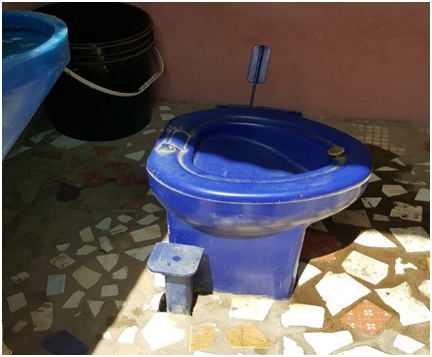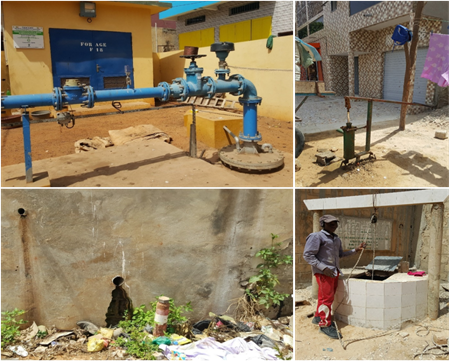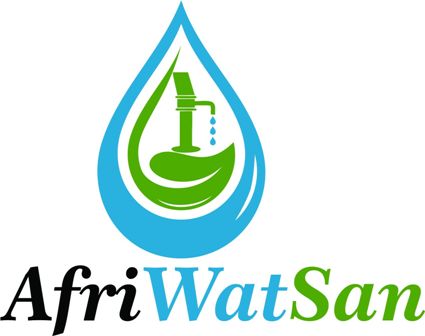Dr. Luiza Campos, AfriWatSan co-Investigator from UCL, visited Université Cheikh Anta Diop (UCAD) Dakar (Senegal) from 6th to 10th March, 2017. Her visit sought to: (1) identify potential areas of collaborative research on urban, low-cost sanitation provision; (2) understand the sanitation service supply chain and its relation to groundwater resources and public health in Dakar;(3) review equipment needs; and (4) advise on research activities related to sanitation aspects including on-going PhD research under AfriWatSan.
Dr. Campos meets UCAD AfriWatSan Team, visits Laboratory of Wastewater Treatment (LATEU), and together with Dr Seydou Niang, runs a seminar with UCAD post-graduate students.

Left: Dr Luiza Campos (UCL), and Dr Seydou Niang, Mr Mamadou Diallo, and Professor Cheikh Gaye (UCAD), 6 March 2017. Right: Dr. Campos presents paper, Development of tools and technologies to reduce environmental pollution at UCAD (6 March, 2017).
Dr Niang, Mr Diallo and Dr Campos visit faecal sludge treatment plant and Omni Digester where faecal sludge, removed from septic tanks in Dakar, is treated by drying bed after pre-sedimentation. The dried sludge is then taken manually to the Omni Digester which produces energy and water from it.

Left: Drying beds for faecal sludge in Dakar. Right: Omni Digester producing electricity in Dakar.
The UCAD-UCL team then visited a householder in Dakar where an Earth Auger toilet serving 7 families had been installed as a pilot project involving aMSc student studying the effectiveness and acceptability of this type of sanitation facility.

Earth Auger toilet installed in a household in Dakar.
The team also visited a range of groundwater installations monitoring groundwater quality in the Thiaroye Aquifer of Dakar.

Top: Production borehole “Forage F18”. Public hand-pumped well. Down: Shallow piezometer adjacent to septic runoff.
